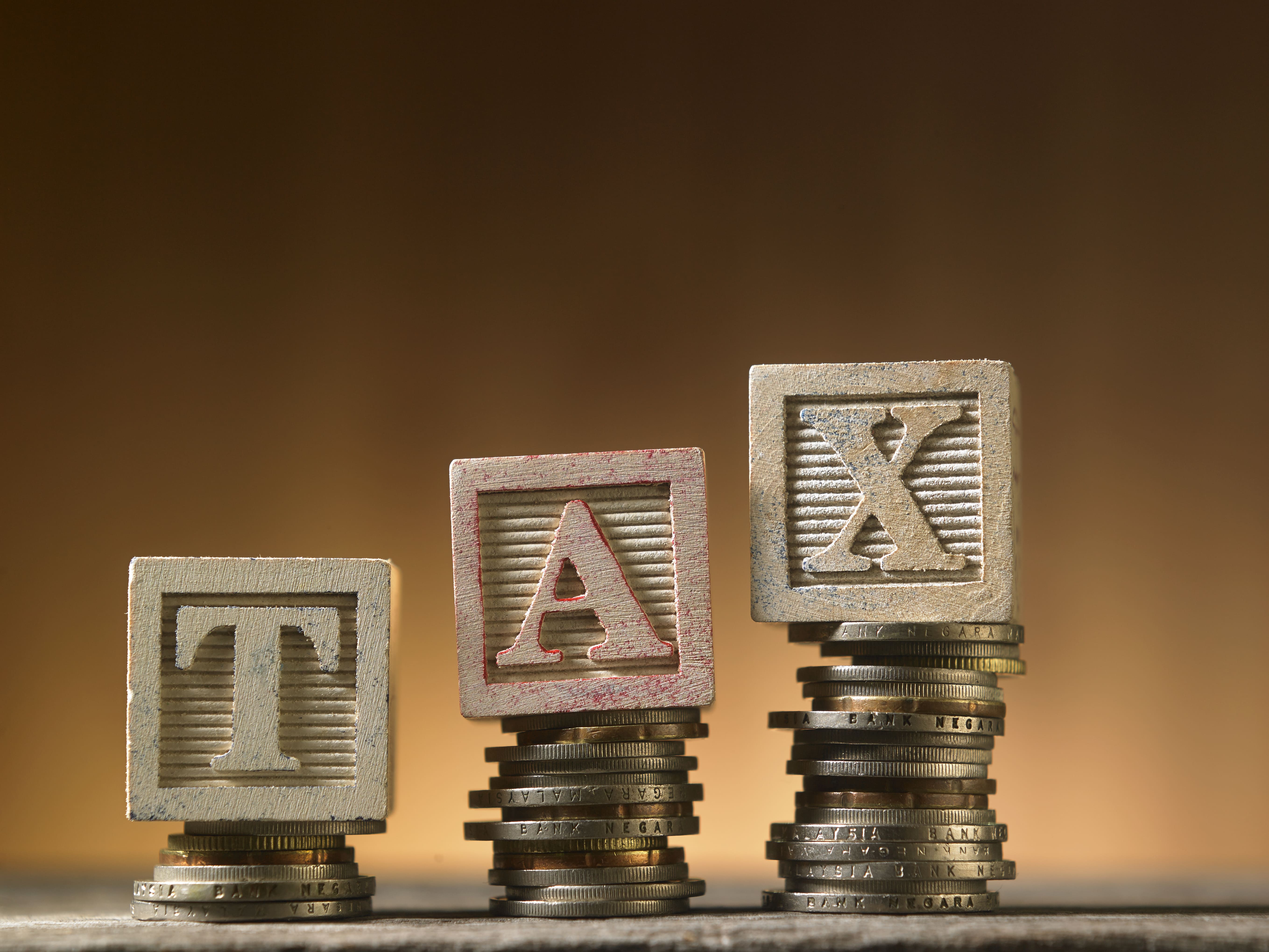
Dividends mean money you get from shares in a company. If you own a limited company or have investments, you might get dividends.
In the 2025/26 tax year, the government has announced some important changes to how much tax you’ll pay on dividends in the UK. So, whether you’re running a limited company or receiving shares from investments, it’s important to know how dividend tax works and how it affects your total income.
In this blog, we’ll cover all things, from how dividend tax is calculated to the rates and allowances for 2025/26. We’ll also explain to you tips to reduce your tax bill legally and avoid common mistakes.
A dividend is a part of a company's earnings received by a shareholder. For example, if you own shares in a business and it makes a profit, you may get a dividend.
People who get dividends:
Dividends are not the same as the actual salary. Salary is for our work. Dividends are for profit-sharing. Dividends do not have National Insurance, but they are still part of your taxable income.
Tax on dividends UK works differently from tax on salary. You pay dividend tax only if your dividends are over the allowance.
Dividend tax is based on your total income. This includes:
This is called your dividends and taxable income.
You pay dividend tax through the Self Assessment system. You report your income by 31 January following the tax year.
In 2025/26, the dividend allowance is £500. This means you can earn up to £500 in dividends without paying tax.
If you earn more than £500 in dividends, you will pay tax on the amount above £500.
Example:
The UK tax system uses income bands, also called tax bands. These work like stacked boxes. Your income fills each box one by one, and each box has its own tax rate.
|
Tax Band |
Income Range (2025/26) |
Dividend Tax Rate |
|
Personal Allowance |
£0 – £12,570 |
0% (tax-free) |
|
Basic Rate |
£12,571 – £50,270 |
8.75% |
|
Higher Rate |
£50,271 – £125,140 |
33.75% |
|
Additional Rate |
Over £125,140 |
39.35% |
Here is what this means:
Working out your tax on dividends UK might sound tricky, but it’s easy if you follow these steps. Here’s how to do it for the 2025/26 tax year:
Step 1: Add Up All Your Income
You need to add together all the money you’ve earned in the tax year. This includes:
This gives you your total income for the year. Because dividends and taxable income are taxed together using the same tax bands.
Step 2: Apply the Personal Allowance (£12,570)
The first £12,570 of your total income is tax-free. This is called your Personal Allowance.
Example:
If you earned £30,000 total income, the first £12,570 is tax-free. The remaining £17,430 is taxable.
Step 3: Apply the Dividend Allowance (£500 in 2025/26)
You also get a separate £500 tax-free dividend allowance.
That means the first £500 of your dividends is tax-free, even if you’ve already used your Personal Allowance.
Step 4: Identify Your Tax Band
Use your remaining income to see which tax band you fall into:
|
Tax Band |
Income Range |
Dividend Tax Rate |
|
Basic Rate |
£12,571 – £50,270 |
8.75% |
|
Higher Rate |
£50,271 – £125,140 |
33.75% |
|
Additional Rate |
Over £125,140 |
39.35% |
Your dividend tax rate in UK depends on where your income sits in these bands.
Step 5: Calculate the Tax on Your Dividends
Split your dividends across the tax bands if needed.
If you receive dividends over the tax-free limits, you’ll need to pay tax on dividends UK through the Self Assessment system.
To stay out of trouble with HMRC, you must follow these dates:
You can lower your tax on dividends UK by planning smartly:
Avoid these common problems:
Always keep track of your total dividends and taxable income.
Paying tax on dividends in the UK might be tricky, but once you understand the rules, it gets much easier and simpler. In the 2025/26 tax year, the dividend allowance is lower, and the dividend tax rates stay the same, so it’s more important than ever to plan.
If you’re a shareholder or director of a limited company, it’s important to understand how much tax on dividends UK you may need to pay, especially with the updated dividend tax rates for 2025/26.
At PHS Associates, we make dividend tax simple. We’ll explain how the rules apply to your income, help you plan ahead, and make sure you stay fully compliant with HMRC. Contact us at 0208 8611685 and email us at info@phs-uk.co.uk. Whether you want to maximise your earnings or avoid costly mistakes, our expert accountants will support you every step of the way.